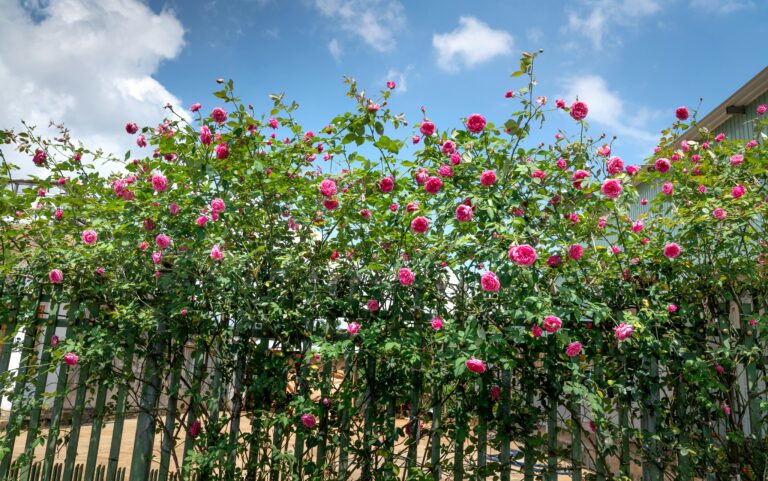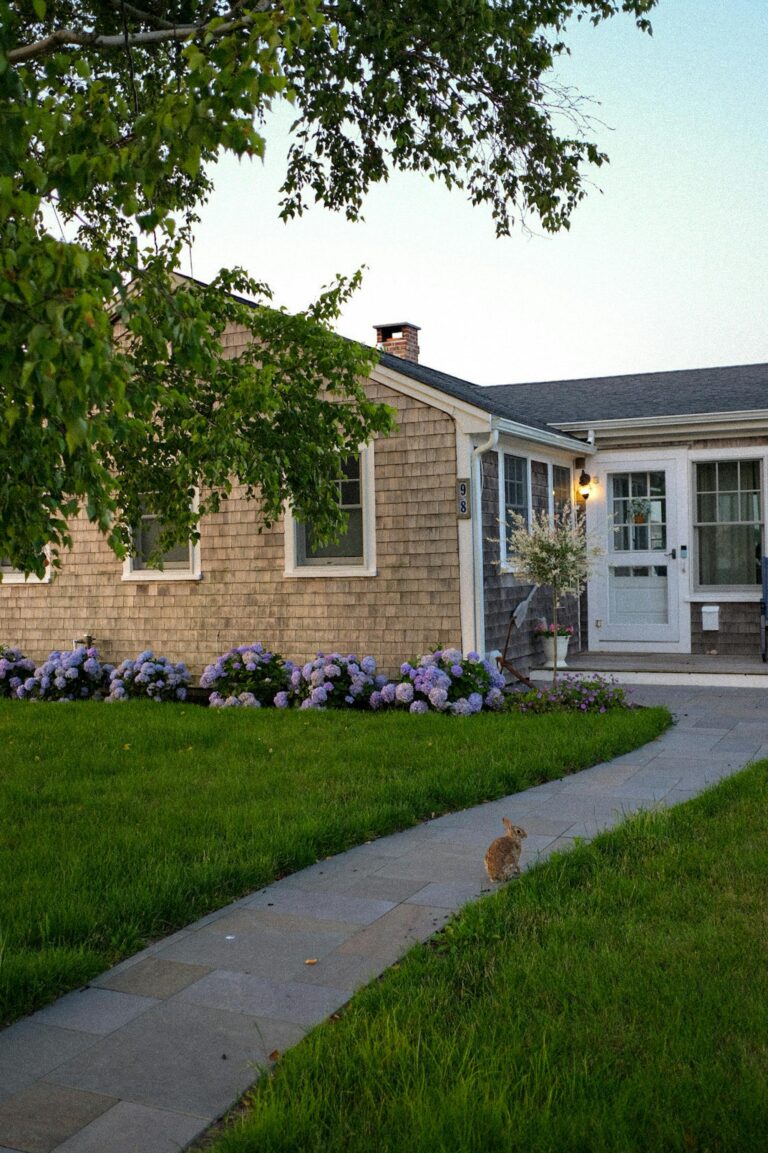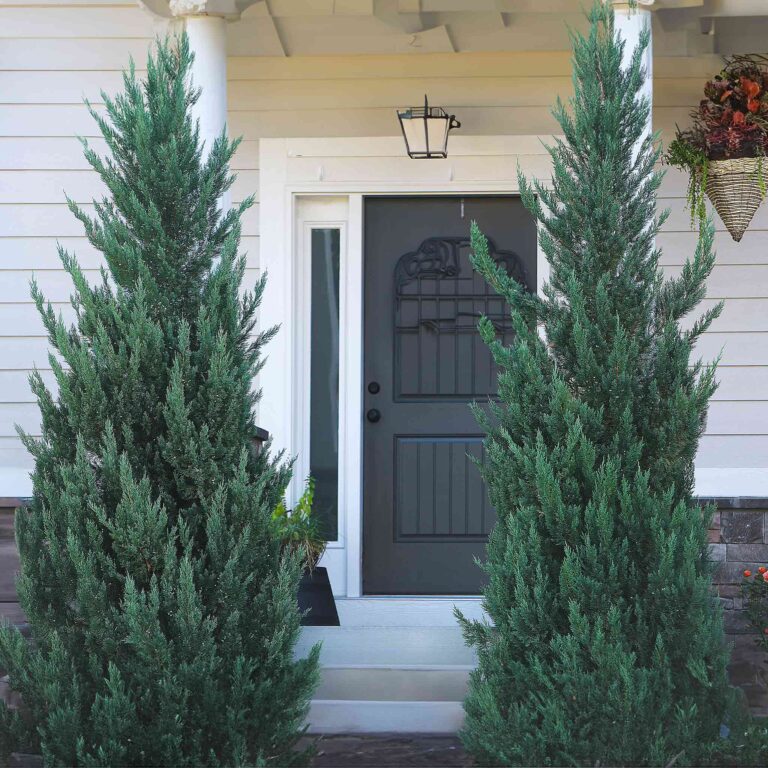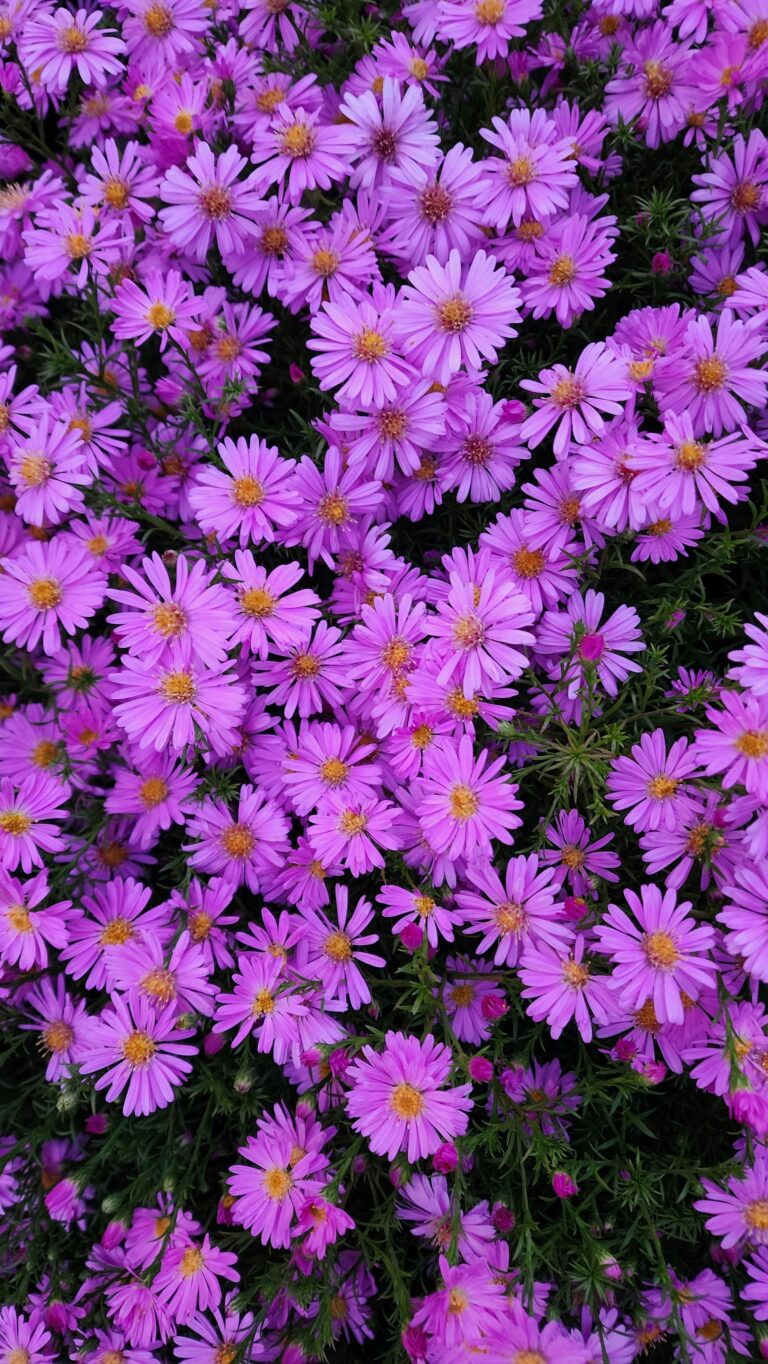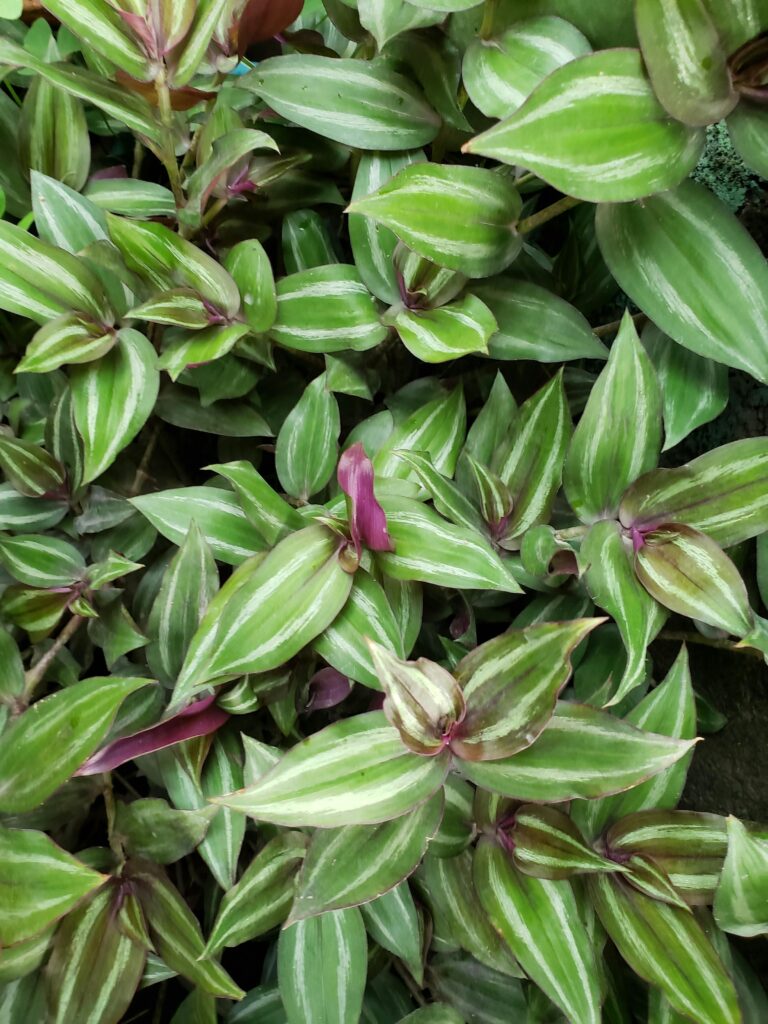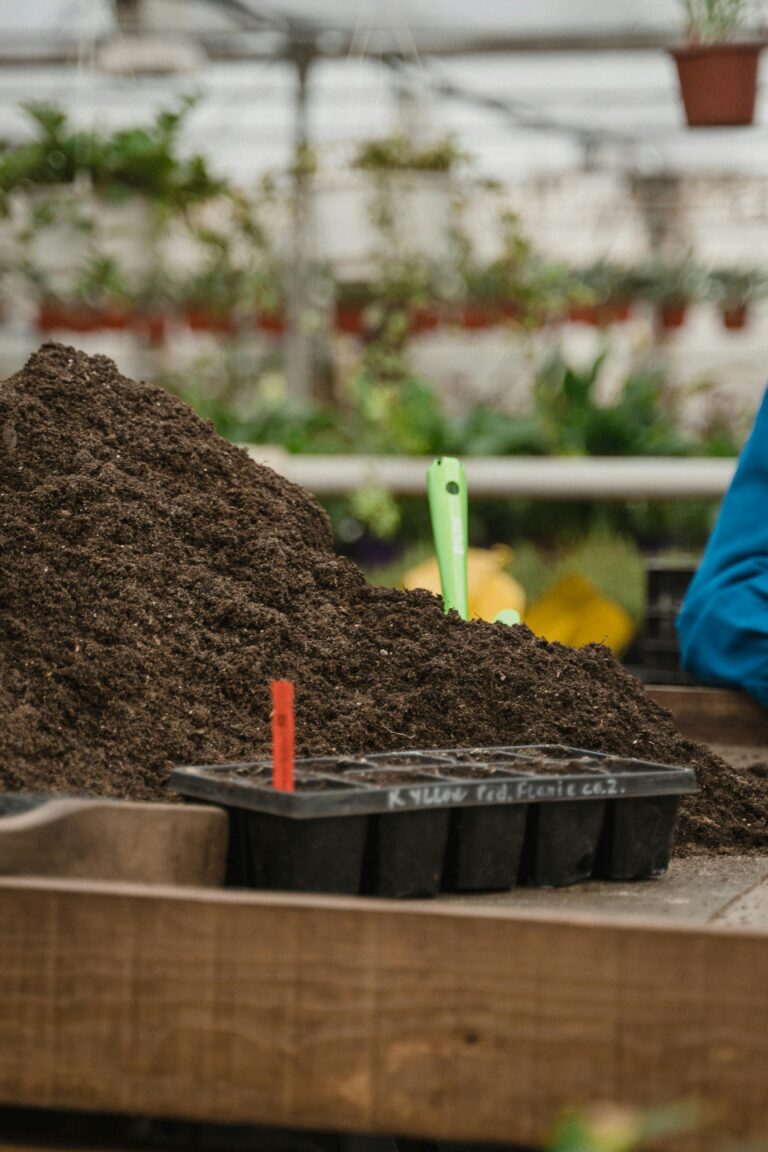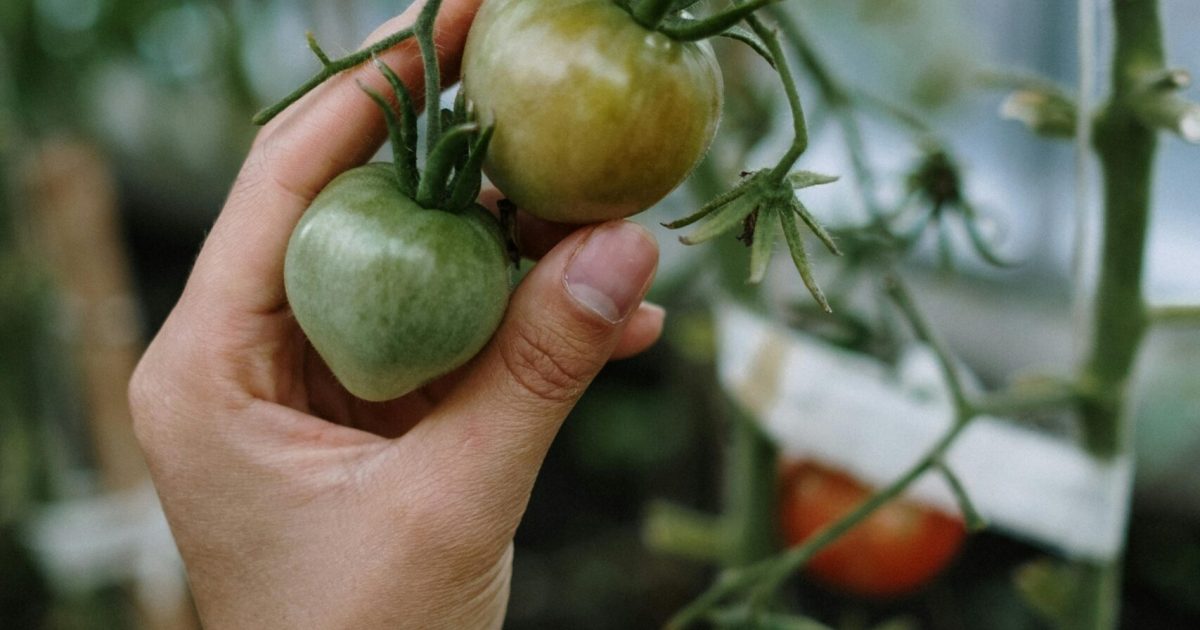
rganic Gardening: A Simple Path to Living in Harmony with Nature
In today’s fast-paced world, we all crave a little peace and connection with nature. Organic gardening is a quiet invitation to slow down and embrace what nature has to offer. It’s more than just growing plants—it’s about cultivating a sustainable lifestyle that benefits not only the earth but also our well-being.
Why Choose Organic Gardening?
Nature provides us with everything we need, yet we often turn to chemical fertilizers and pesticides, disrupting its balance. Organic gardening seeks to restore that balance by focusing on natural methods to care for soil, plants, and the ecosystem.
When you practice organic gardening, you nourish your garden using natural materials, avoiding synthetic chemicals that can harm both plants and the environment. The result? Healthier plants, cleaner soil, and fruits or vegetables that are free from harmful substances.
Starting with the Basics: Caring for the Soil
Healthy soil is the foundation of a thriving garden, and in organic gardening, nurturing the soil is key. By adding compost, earthworm castings, and mulch, you enrich the soil naturally. These materials help your garden retain moisture and provide essential nutrients, without relying on artificial fertilizers.
Even if you have a small backyard, you can start an organic garden. The secret lies in preparing the soil properly. Once you do that, your garden will be ready to grow a variety of vegetables, fruits, and flowers.
Natural Pest Control and Fertilization
Pests can be a challenge in any garden, but that doesn’t mean you need harsh chemicals to manage them. Organic gardeners rely on natural pest control solutions like neem oil, garlic spray, or chili pepper extract. These options are not only effective but also safe for the environment.
For fertilization, compost and vermicompost (earthworm castings) work wonders for enriching your soil. They help strengthen plant roots and improve resistance to diseases. Organic fertilizers encourage slow, steady growth, resulting in stronger, healthier plants.
Why Grow Organic Vegetables?
Vegetables and fruits grown organically not only taste better, but they’re also free from harmful pesticides and chemicals. Eating what you grow from your garden ensures that you’re consuming pure, safe, and nutritious food. Organic produce also tends to stay fresh longer.
Many people think that organic gardening is difficult, but once you get the hang of it, it becomes second nature. By working with the earth and following natural processes, you’ll find that this method is both simple and rewarding.
Plan and Patience: The Keys to Success
The key to a successful organic garden lies in patience and planning. Give your plants the attention they need—proper watering, sunlight, and care. Healthy soil, adequate sunlight, and natural pest control will all contribute to a thriving garden.
Take your time to observe how your plants react to different conditions, and adjust your approach as needed. With the right care, your organic garden will soon flourish.
Organic Gardening: A Step Toward a Sustainable Future
Organic gardening is more than a hobby—it’s a commitment to the environment. By reducing our reliance on chemical fertilizers and pesticides, we contribute to a healthier planet. Every organic garden is a small step toward a sustainable future.
So, if you’re about to plant your first seed, remember: you’re not just growing a garden, you’re taking part in a movement that helps the earth thrive.

